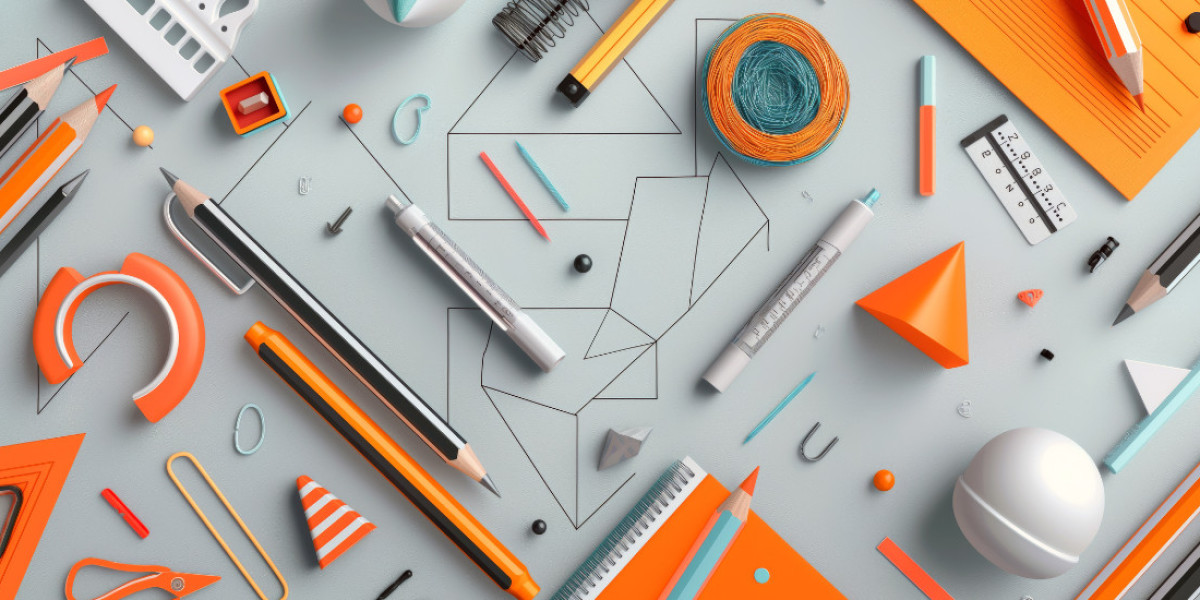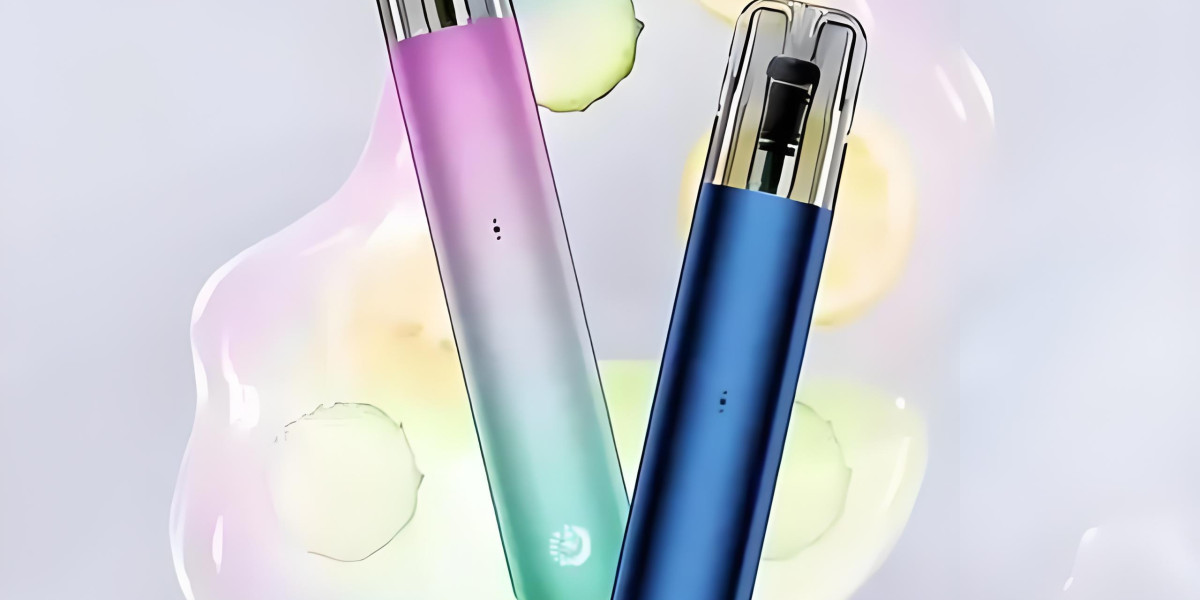A geometry box is an essential stationery kit for students, architects, engineers, and anyone working with technical drawings or mathematics. It contains all the basic tools needed to draw, measure, and create precise diagrams. In this guide, we’ll explore the list of geometry box items in detail, along with their uses, so you can understand the importance of each tool.
1. Compass
One of the most important tools in the list of geometry box items, the compass is used to draw circles, arcs, and angles. It usually comes with an adjustable arm to fit different pencil sizes and can also hold a mechanical pen tip for more precision.
Uses:
Drawing perfect circles
Creating arcs for geometrical designs
Measuring distances on a map or diagram
2. Divider
The divider looks similar to a compass but has two pointed ends instead of one pencil tip. It is mainly used for measuring and transferring distances.
Uses:
Measuring lengths between two points
Transferring measurements from a scale to paper
3. Set Squares
Set squares are triangular-shaped rulers used to draw accurate angles. The list of geometry box items usually includes two types of set squares:
45° set square
30°–60° set square
Uses:
Drawing specific angles (30°, 45°, 60°, and 90°)
Creating perpendicular and parallel lines
4. Protractor
A protractor is a semi-circular or circular tool marked with degrees from 0° to 180° (or 360° for a full circle).
Uses:
Measuring angles
Drawing specific angles for diagrams and technical sketches
5. Ruler (Scale)
The ruler is one of the most basic and widely used tools in the list of geometry box items. It is usually 15 cm or 6 inches in length for compact storage in the geometry box.
Uses:
Drawing straight lines
Measuring lengths and widths accurately
6. Eraser
A good-quality eraser is essential for correcting mistakes in drawings or calculations.
Uses:
Removing pencil marks cleanly
Maintaining neat and clear diagrams
7. Sharpener
The sharpener ensures that your pencils and compass tips remain fine for precision work.
Uses:
Keeping pencil tips sharp for accurate lines
Maintaining consistent writing or drawing quality
8. Mechanical Pencil or Regular Pencil
Many geometry boxes include a mechanical pencil for fine, consistent lines, while others provide a standard HB pencil.
Uses:
Drawing diagrams and shapes
Writing measurements or notes
9. Extra Leads or Compass Needles
Some advanced geometry boxes also come with spare leads or compass needles for replacement.
Uses:
Ensuring uninterrupted work during projects
Maintaining accuracy over time
10. Small Storage Case or Pouch
While not exactly a tool, the storage case keeps all items organized and protected.
Uses:
Preventing loss of tools
Easy portability for school or work
Why the List of Geometry Box Items is Important
The list of geometry box items is not just for academic purposes; it’s essential in various fields such as engineering, architecture, interior designing, and art. These tools help create precise, professional-quality drawings that are both functional and visually accurate.
For students, having a complete and good-quality geometry box makes mathematics and geometry lessons easier. For professionals, it ensures accuracy in design work, helping them maintain a high standard of technical drawing.
Tips for Choosing the Best Geometry Box
Check quality: Ensure tools are made of durable materials.
Look for precision: Sharp compass tips and clear measurement markings are important.
Portability: A compact, sturdy case is easier to carry.
Extra accessories: Spare leads, mechanical pencils, and high-quality erasers are a bonus.
Final Thoughts
Whether you are a student preparing for geometry lessons or a professional working on technical projects, the list of geometry box items plays a key role in accuracy and efficiency. Investing in a good-quality geometry box ensures that all essential tools are in one place, ready whenever you need them.







